Junior Mehmood
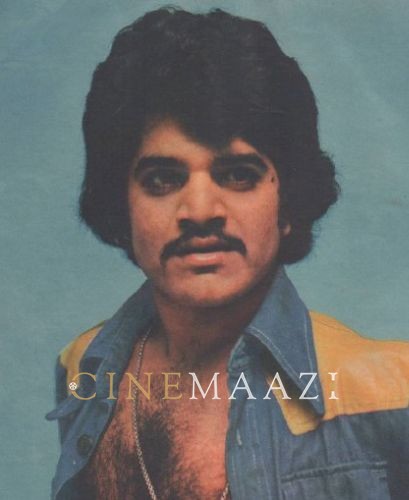
Subscribe to read full article
This section is for paid subscribers only. Our subscription is only $37/- for one full year.
You get unlimited access to all paid section and features on the website with this subscription.
Not ready for a full subscription?
You can access this article for $2 , and have it saved to your account for one year.
- Real Name: Naeem Sayyed
- Born: 15 November 1957 (Bombay)
- Died: 8 Dec 2023
- Primary Cinema: Hindi
Naeem Sayyed, better known as Junior Mehmood—a name reportedly given to him by the iconic actor-comedian Mehmood himself—was a highly popular child artiste in 1960s and 1970s Hindi cinema. Winning immense appreciation for his flair for comedy, such was his popularity that often audiences would come forward to watch a film only because he was part of the cast. Known for films such as Brahmachari (1968), Kati Patang (1970), and Haathi Mere Saathi (1971), once his innings as a child artiste ended, he made do with minor roles in films such as Aap To Aise Na The (1980), Aaj Ka Arjun (1990), Judaai (1997), and Masti Nahin Sasti (2017). Besides acting in TV serials, he also turned director with films like Pagalpan (1991), Maskari (1991), Karmyog (1999), Tulas Aali Ghara (2001), Adla Badli (2008), and Ardha Gangu Ardha Gondya (2011).
Born on 15 November 1956 in Bombay’s Wadala, his father was a train driver. Named Naeem Sayyed, he was the third of four brothers and two sisters. Living in the railways quarters, he was not inclined towards studies at all, preferring to instead mimic actors of the time while in school. He got the opportunity to show off his talent at various school functions. This talent was to come in use for him later.
His brother used to work as a photographer on the sets of films, and would narrate incidents regarding film shootings to the family at home. These anecdotes greatly interested young Naeem, who would also often accompany his brother to the sets. His life was to change when once, he was present during the shooting of the film Kitna Nazuk Hai Dil. In a scene featuring Johnny Walker, who was cast as a teacher, a young boy was to deliver a short dialogue. However, the boy kept fluffing the line and was unable to deliver it properly. Naeem, who happened to be standing on set behind the director, blurted out that the boy couldn’t say a simple line but harboured dreams of wanting to become an actor! At this point, the director turned behind and asked Naeem if he could say the line instead. He immediately trotted out the line, perfectly. Impressed, the director immediately hired him for the part. Unfortunately, the film was never completed and did not see the light of day.
However, the acting bug had already bitten young Naeem and he began appearing in minor roles in films. The film that would help him make a mark was Suhaag Raat (1968). On learning that 12 unusual actors were required for the film that was being shot at Kardar studios, Naeem, aged 10 at the time, arrived at the set. Here, he managed to impress the makers enough to bag the role of popular comedian Mehmood’s nephew in the film. He played a character named Banne in the film, which was to make him popular overnight.
The same year, he also acted in Brahmachari (1968). This Shammi Kapoor-starrer won favour with the audiences, as did the young Naeem, playing a character named Amit. He was fast establishing his name as a comic child artiste in films.
Regarding how he came to be known by the name Junior Mehmood, story has it that on the occasion of actor Mehmood’s daughter’s birthday, the whole of the film world was invited for the grand celebration. However, young Naeem did not feature on the guest list. Realising he had not been invited for the party, the young lad went up to Mehmood and told him that perhaps he didn’t make it to the guest list as his father was not a famous man. Hearing this, an embarrassed Mehmood immediately invited him as well. At the party, Naeem performed to Mehmood’s song from Gumnaam (1965) – Hum kaale hai toh kya hua, dancing to the number in the famous actor-comedian’s trademark style. His performance won the applause of the guests and of Mehmood in particular, who called Naeem to the studio the following day. The senior actor tied a black thread around young Naeem’s wrist, marking him as his student. Mehmood also declared that thereafter the boy would not be known as Naeem but Junior Mehmood. The name stuck. In fact, many believed him to actually be the son of Mehmood, because of his strong facial resemblance to the senior star.
Post the success of Brahmachari in 1968, his popularity grew rapidly and more detailed roles were written for him, as seen in a slew of films such as Aan Milo Sajna (1970), Do Raaste (1969), Kati Patang (1970), Haathi Mere Saathi (1971), and Caravan (1971). Many of his films celebrated their silver jubilee in cinema halls. His remuneration also rose immensely, and by 1970, he was reportedly paid Rs1 lakh per role, a huge amount at the time.
Ironically, his very name would prove to become a hurdle in his career. As he crossed the age of 12, his childish features began to mature, and fewer roles came his way. By the time he was 18, his innings was practically over, as he did not fit into either junior or leading roles. Amidst stiff competition from other well-known comic actors such as Asrani, Jagdeep, and Mehmood himself, his career drew to a close. Some of the successful films that came towards the end of his career are Ankhiyon Ke Jharokhon Se (1978), Geet Gaata Chal (1975), and Deewaangee (1976).
Later, he worked in Marathi cinema, as well as television. In 1990, he also formed an orchestra group. His work in TV includes serials such as Pyaar Ka Dard Hai Meetha Meetha Pyaara Pyaara (2012), Tenali Rama (2019), and Phir Subah Hogi (2020).
Among his directorials, the Marathi film Maskari (1991) was a comedy that starred Laxmikant Berde, Priya Arun Berde, and Sudha Chandran. Adla Badli, his 2008 Marathi directorial, was also a comedy with a cast comprising Ashok Saraf, Sachin Pilgaonkar, Aditi Bhagwat, and Viju Khote.
-
Filmography (84)
SortRole
-
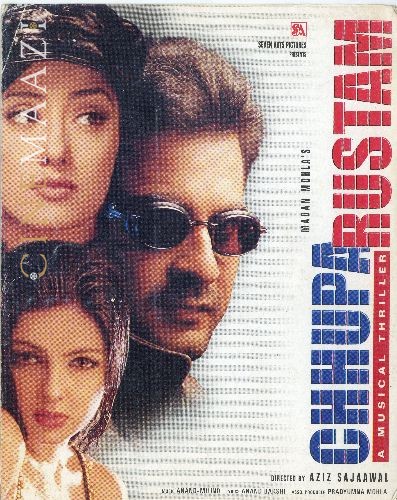
Chhupa Rustam 2001
-
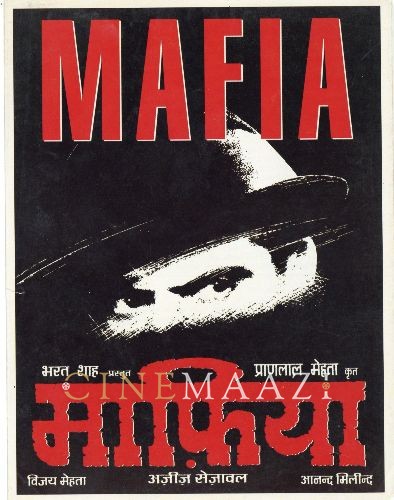
Mafia 1996
-

Apne Dam Par 1996
-

Aazmayish 1995
-
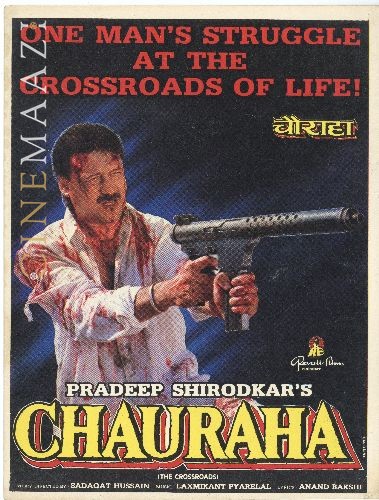
Chauraha 1994
-
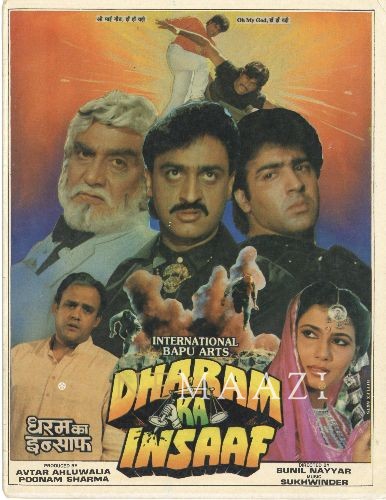
Dharam Ka Insaaf 1993
-
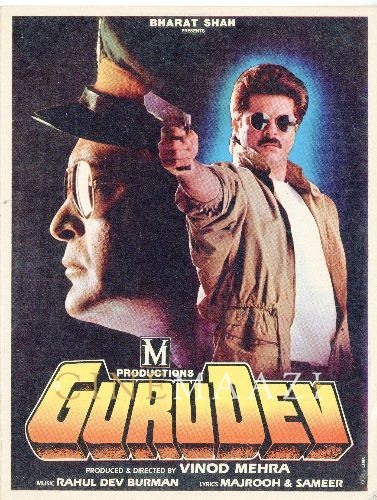
Gurudev 1993
-
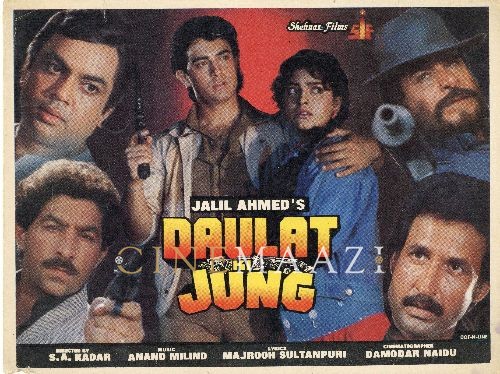
Daulat Ki Jung 1992
-
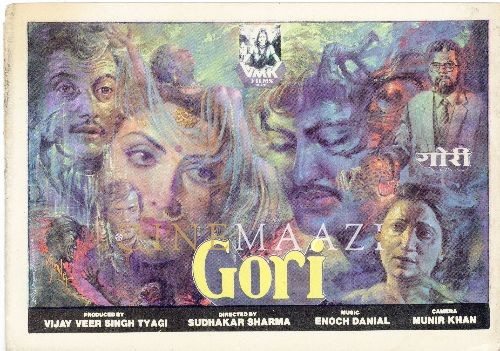
Gori 1992
-

Karz Chukana Hai 1991







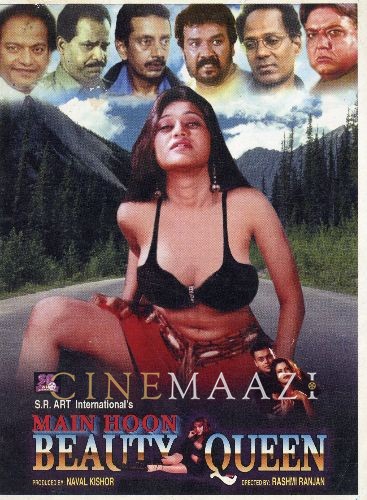



.jpg)



